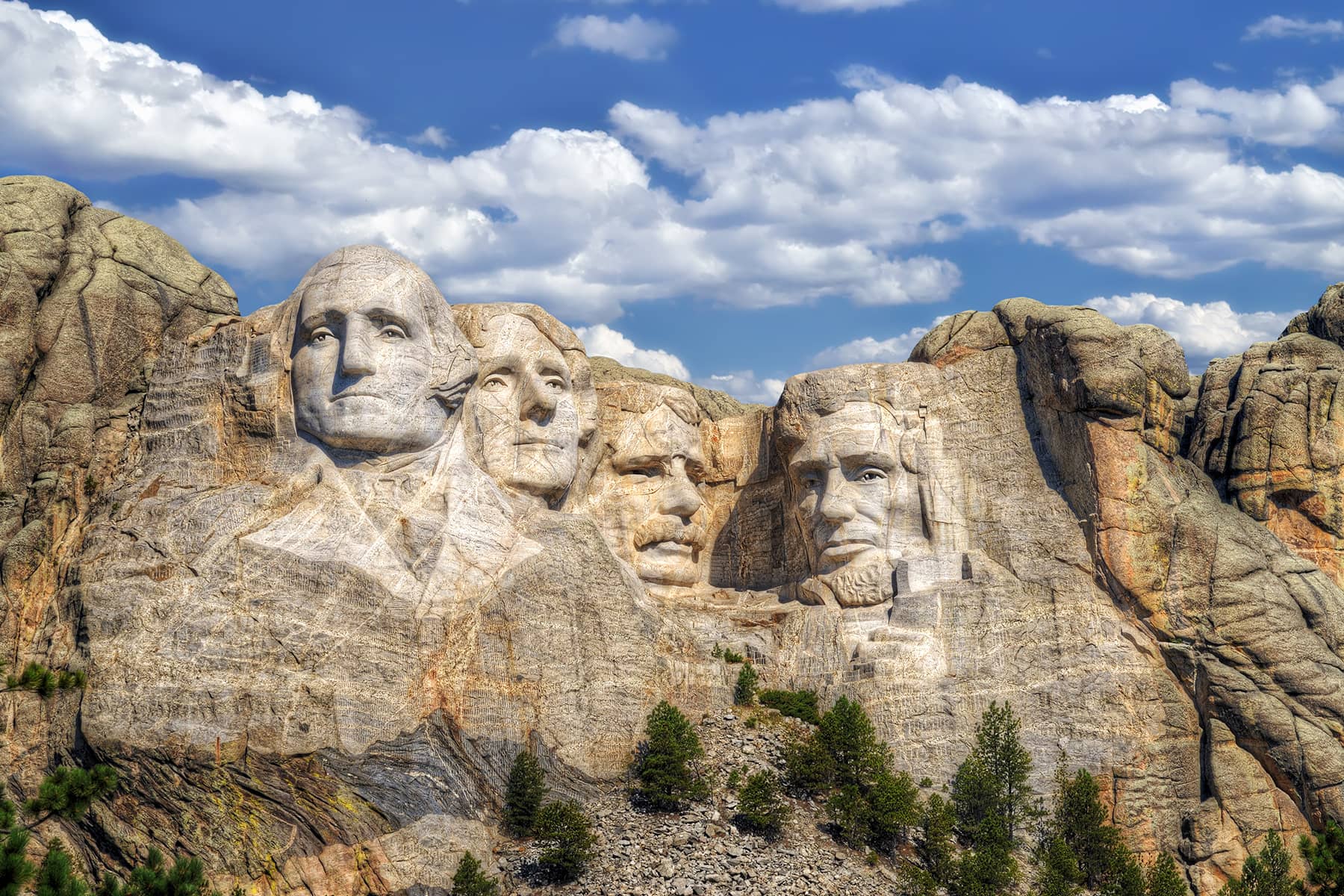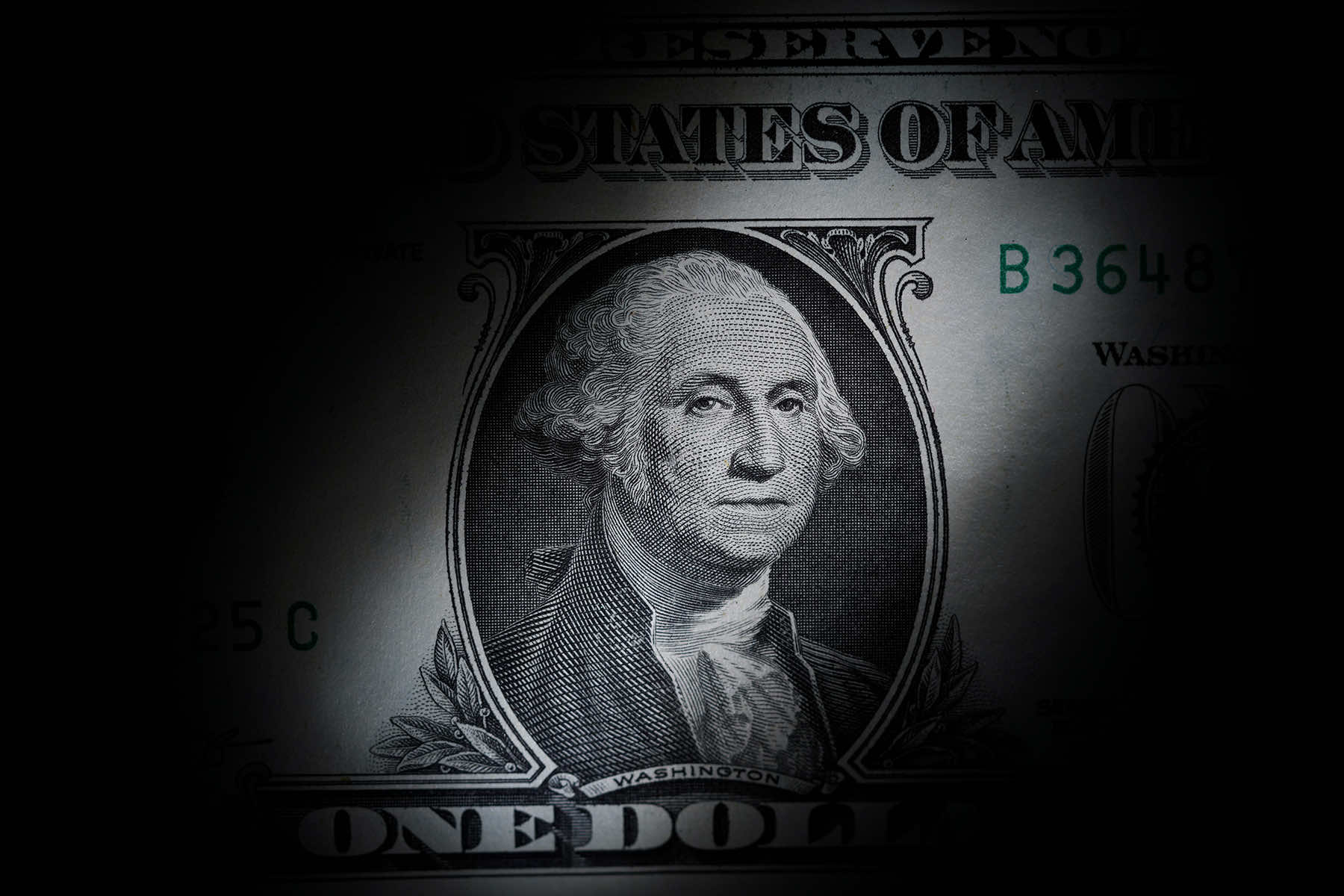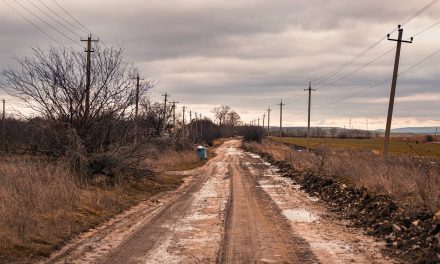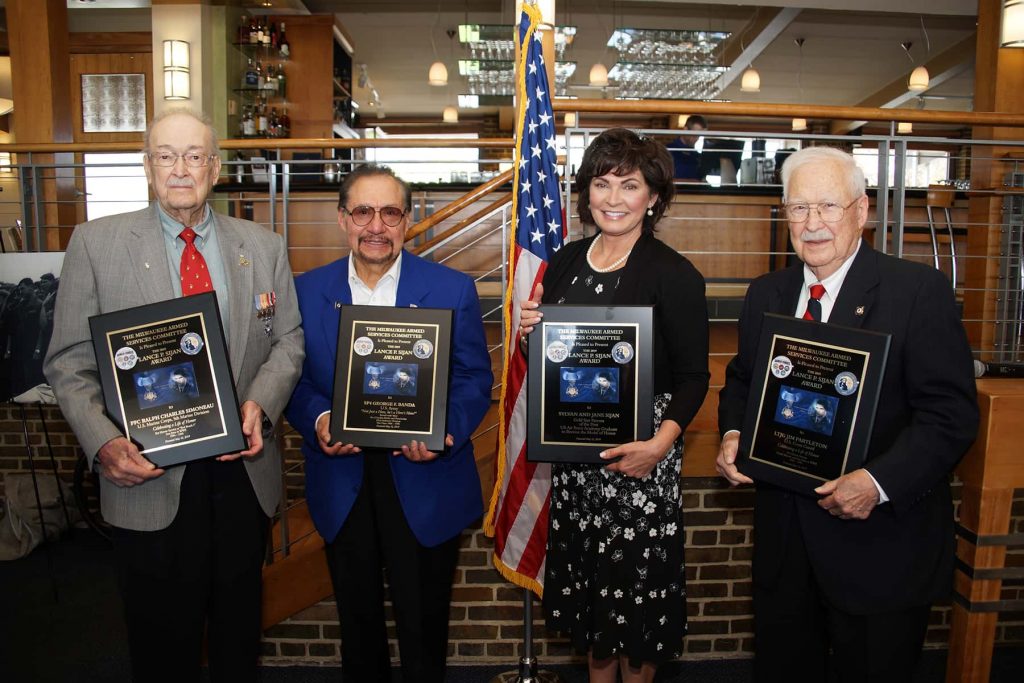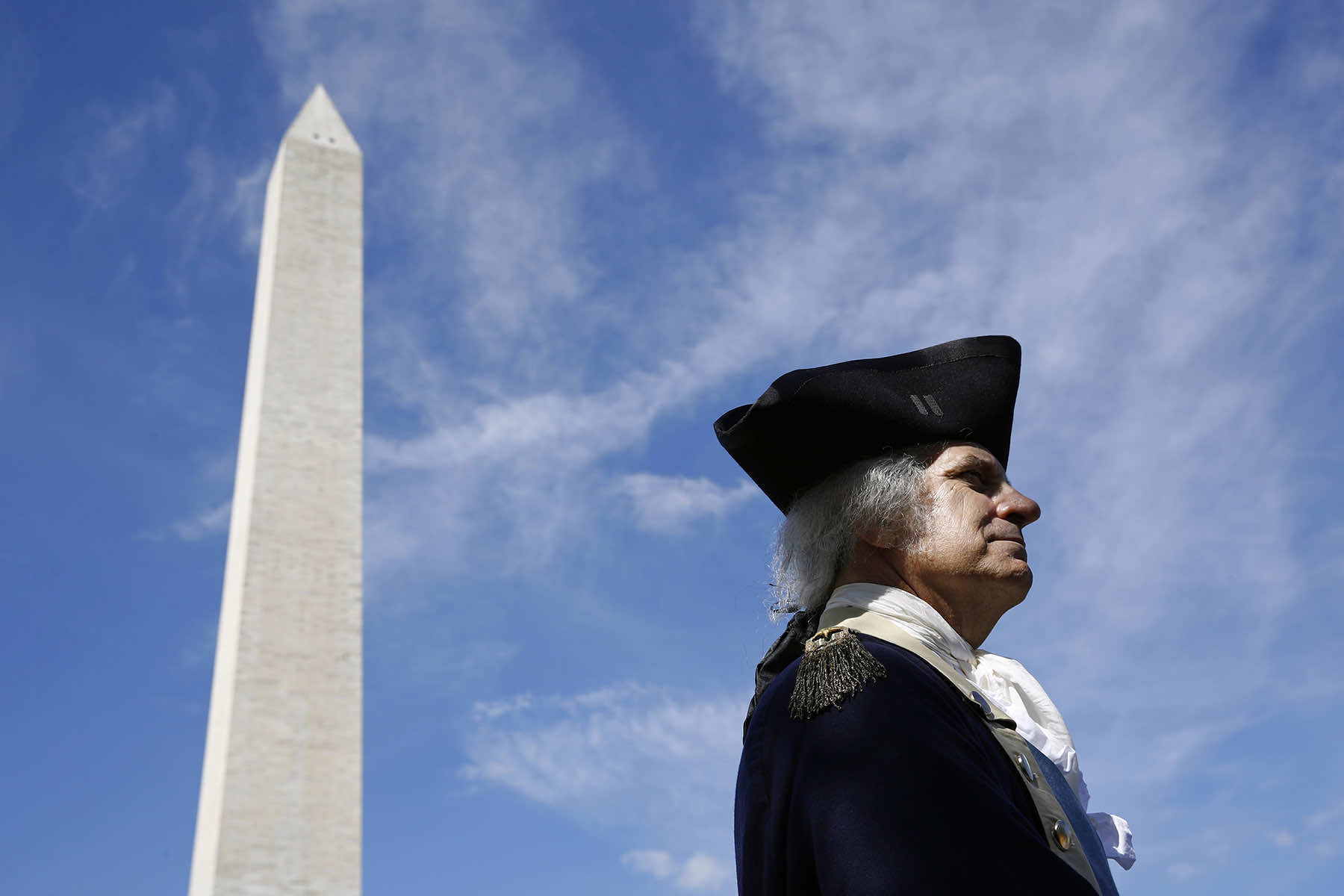
Like the other Founding Fathers, George Washington was uneasy about the idea of publicly celebrating his life. He was the first leader of a new republic, not a tyrant.
And yet the nation will once again commemorate the first U.S. president on Monday, 292 years after he was born.
The meaning of Presidents Day has changed dramatically, from being mostly unremarkable and filled with work for Washington in the 1700s to the consumerism bonanza it has become today. For some historians the holiday has lost all discernible meaning.
Historian Alexis Coe, author of “You Never Forget Your First: A Biography of George of Washington,” said she thinks about Presidents Day in much the same way as the towering monument in DC that bears his name.
“It’s supposed to be about Washington, but can you really point to anything that looks or sounds like him?” she said. “Jefferson and Lincoln are presented as people with limbs and noses and words associated with their memorials. And he’s just a giant, granite point. He has been sanded down to have absolutely no identifiable features.”
Here is a look at how things have evolved:
WASHINGTON’S BIRTHDAYS
Washington was born February 22, 1732, on Popes Creek Plantation near the Potomac River in Virginia.
Technically, though, he was born February 11 under the ancient Julian calendar, which was still in use for the first 20 years of his life. The Gregorian calendar, intended to more accurately mark the solar year, was adopted in 1752, adding 11 days.
Either way, Washington paid little attention to his birthday according to Mountvernon.org, the website of the organization that manages his estate. Surviving records make no mention of observances at Mount Vernon, while his diary shows he was often hard at work.
“If he had it his way, he would be at home with his family,” Coe said. “Maybe some beloved nieces and nephews (and friend) Marquis de Lafayette would be ideal. And Martha’s recipe for an indulgent cake. But that’s about it.”
Washington’s birthday was celebrated by his peers in government when he was president — mostly.
Congress voted during his first two terms to take a short commemorative break each year, with one exception, his last birthday in office, Coe said. By then Washington was less popular, partisanship was rampant and many members of his original Cabinet were gone, including Thomas Jefferson.
“One way to show their disdain for his Federalist policies was to keep working through his birthday,” Coe said.
The Library of Congress does note that a French military officer, the comte de Rochambeau, threw a ball celebrating Washington’s 50th birthday in 1782.
AFTER HIS DEATH
Washington was very aware of his inaugural role as president and its distinction from the British crown. He didn’t want to be honored like a king, said Seth Bruggeman, a history professor at Temple University in Philadelphia.
Still, he said, a market for Washington memorabilia sprang up almost immediately after his death in 1799 at age 67, with people snapping up pottery and reproductions of etchings portraying him as a divine figure going off into heaven.
“Even in that early moment, Americans kind of conflated consumerism with patriotic memory,” said Bruggeman, whose books include “Here, George Washington Was Born: Memory, Material Culture, and the Public History of a National Monument.”
MAKING IT OFFICIAL
It was not until 1832, the centennial of his birth, that Congress established a committee to arrange national “parades, orations and festivals,” according to the Congressional Research Service.
And only in 1879 was his birthday formally made into a legal holiday for federal employees in the District of Columbia.
The official designation is as Washington’s Birthday, although it has come to be known informally as Presidents Day. Arguments have been made to honor President Lincoln as well because his birthdate falls nearby, on February 12.
A small number of states, including Illinois, observe Lincoln’s birthday as a public holiday, according to the Library of Congress. And some commemorate both Lincoln and Washington on Presidents Day.
But on the federal level, the day is still officially Washington’s Birthday.
SHIFT TO CONSUMERISM
By the late 1960s, Washington’s Birthday was one of nine federal holidays that fell on specific dates on different days of the week, according to a 2004 article in the National Archives’ Prologue magazine.
Congress voted to move some of those to Mondays, following concerns that were in part about absenteeism among government workers when a holiday fell midweek. But lawmakers also noted clear benefits to the economy, including boosts in retail sales and travel on three-day weekends.
The Uniform Monday Holiday Act took effect in 1971, moving Presidents Day to the third Monday in February. Sales campaigns soared, historian C. L. Arbelbide wrote in Prologue.
Bruggeman said Washington and the other Founding Fathers “would have been deeply worried” by how the holiday became taken over by commercial and private interests.
“They were very nervous about corporations,” Bruggeman said. “It wasn’t that they forbade them. But they saw corporations as like little republics that potentially threatened the power of The Republic.”
Coe, who is also a fellow at the Washington think tank New America, said by now the day is devoid of recognizable traditions.
“There’s no moment of reflection,” Coe said. Given today’s widespread cynicism toward the office, she added, that sort of reflection “would probably be a good idea.”

